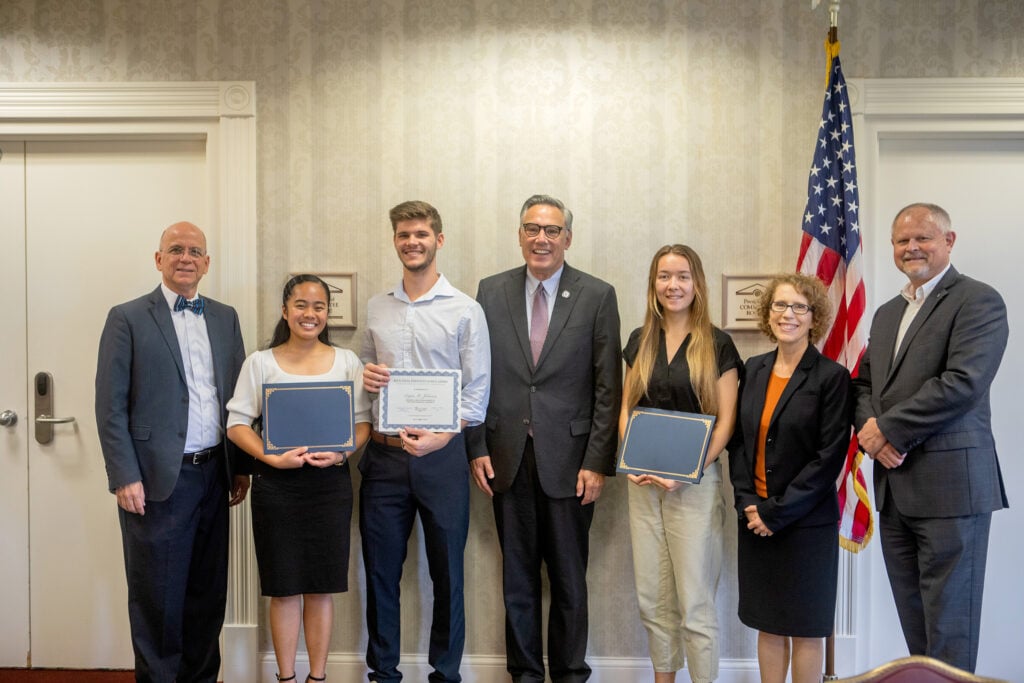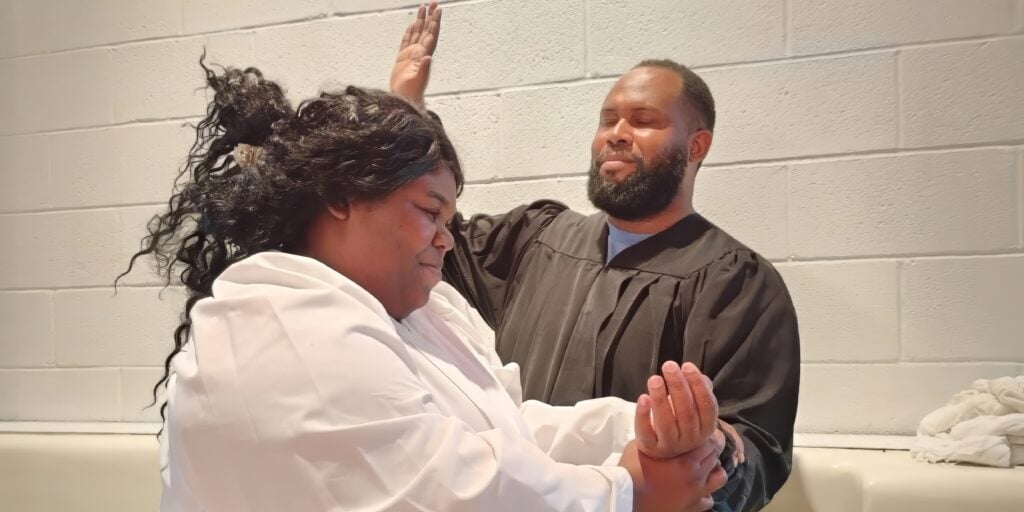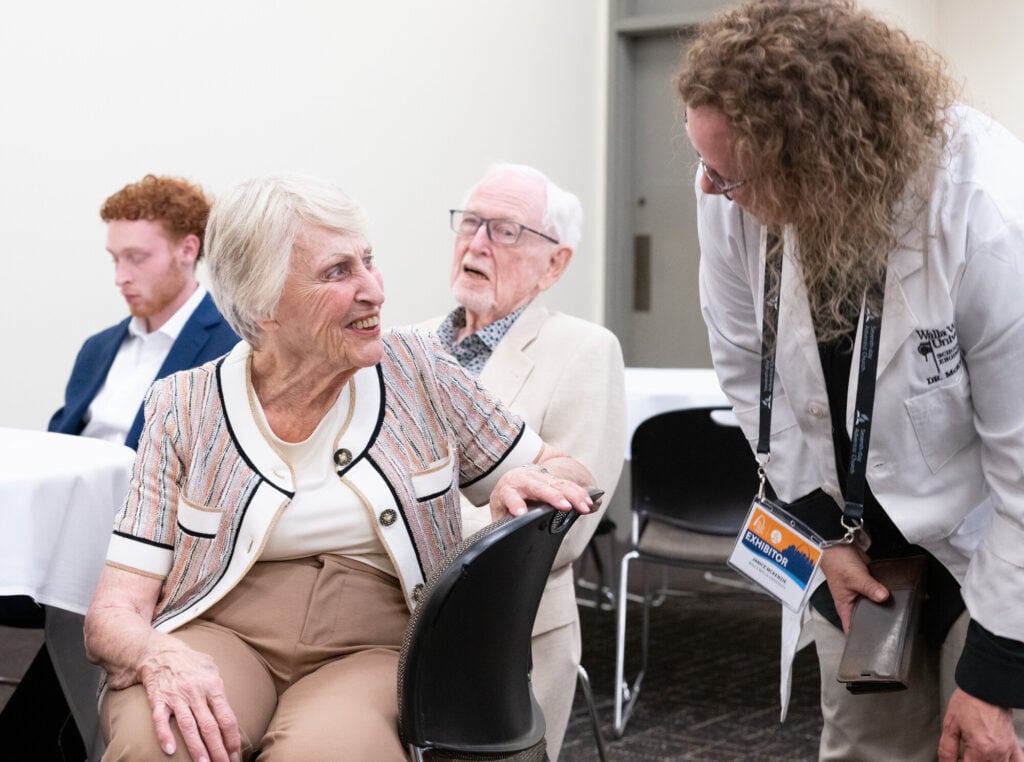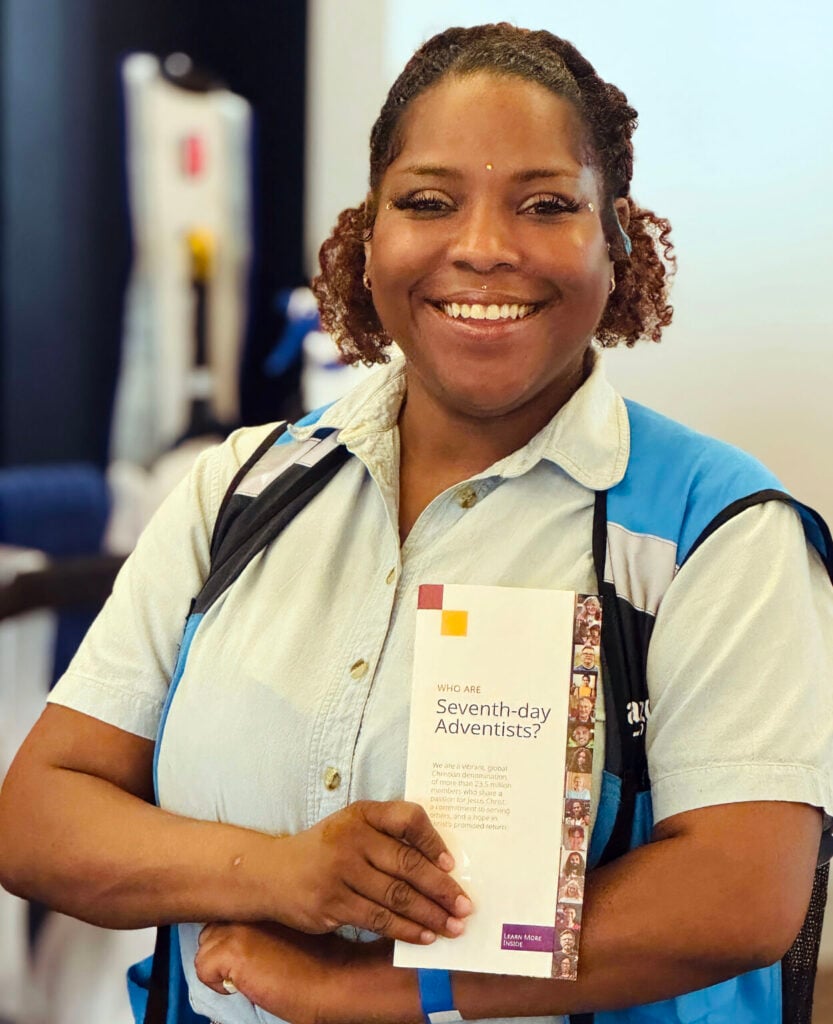On Sept. 5, 2019, W. Derrick Lea, director of Adventist Community Services Disaster Response (ACS DR) reported that ACS DR is prepared to help in the southeastern U.S. after Hurricane Dorian whipped through parts of coastal Georgia and the Carolinas. Already, one Adventist-run shelter has opened up.
“We continue to standby in some areas and work to withstand the onslaught of Dorian in others,” said Lea. “The NAD has been in touch with FEMA officials, the American Red Cross, ADRA [the Adventist Development and Relief Agency], the Inter-American Division, and VOADs in each affected state. We have made recovery in the NAD a priority — and we’re so glad we have dedicated ACS staff and volunteers to help in times such as these.”
Lea mentioned that, across the division, the ACS DR team has been praying for the Bahamas, where Dorian’s direct hit has devastated Abaco and Grand Bahama islands with major flooding and home destruction. “We are also praying for ADRA, our sister agency, as it begins to assist in the islands.”
ADRA in the Bahamas
According to a news release from ADRA on Sept. 5, Leonardo Rahming, executive secretary of the South Bahamas Conference and disaster response volunteer for the ADRA, reports that “local authorities have asked humanitarian agencies to be on standby as they work to clear debris on the roads, and ensure safety is in place before aid can be delivered. Sea ports have been closed, and airport clearances are being given only to federal officials and the coast guard.” ADRA will partner with international agencies to help provide meals, clothing, and shelter materials — and in other ways as needed.
Some local ADRA volunteers in the Bahamas were able to work with authorities on the islands to secure a boat in hopes of reaching people trapped by high waters.
“The people of Bahamas are a resilient group, but they are hurting because of the devastation,” Rahming said, as quoted in ADRA’s news release, “I hope the world doesn’t forget the Bahamas and thinks we’ll be okay because we have resources. . . . the Bahamas still needs ongoing help.”
ACS Disaster Response in the NAD
With Hurricane Dorian bringing heavy rain, high winds, and storm surges as it traveled up the east coast, flooding has already occurred, and more is expected. ACS DR is awaiting a state request for a warehouse, said Lea.
Lea reported that the South Atlantic Conference opened a shelter in Orangeburg, South Carolina. “Currently, we have about 150 people being housed on our camp ground there,” said Lea. “The state has asked that if one is safe to stay in that location for the next 24 hours. This will prevent injuries from the devastating winds and rain.”
Florida and Southeastern conferences are opening collection centers throughout Florida. The plan calls for donations to be used for those affected by Hurricane Dorian. Each conference is keeping their websites updated as to how to help.
Carolina Conference is still awaiting the final outcomes of Hurricane Dorian in parts of their area where the storm caused damage through flooding, high winds, and tornadoes — and is still pounding residents along the North Carolina coast and on its barrier islands.
“Each area conference has been in communication with us throughout these days of trauma,” said Lea. “We’ll hold an emergency teleconference this coming Sunday, Sept. 8, with our union directors and the directors in the affected areas: Carolina, Florida, Georgia-Cumberland, South Atlantic and Southeastern conferences.”




